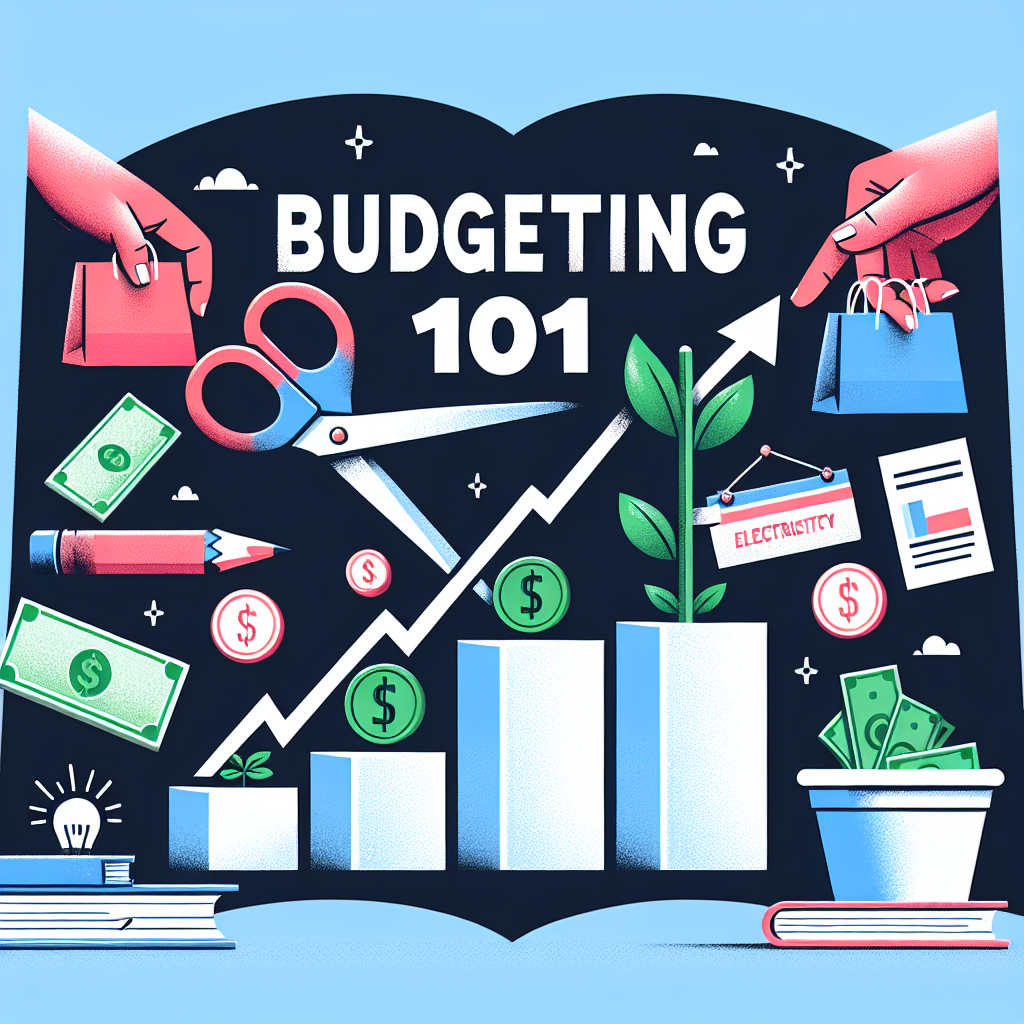Budgeting can often seem overwhelming, but with the right strategies, you can take control of your finances effectively. This article will guide you through the fundamentals of budgeting, offering easy tips to cut down on expenses and boost your savings. Whether you’re a budgeting novice or looking to refine your current plan, these actionable tips will set you on the right path.
Understanding the Importance of Budgeting
Before diving into the tips, it’s crucial to grasp why budgeting is essential. A budget not only helps you manage your spending but also enables you to work towards financial goals. Whether you want to save for a vacation, pay off debt, or build an emergency fund, understanding your income and expenses is the first step toward financial freedom.
Step 1: Assess Your Current Financial Situation
Before creating a budget, it’s important to assess your financial situation:
- Track Your Income: Document all sources of income, including your salary, freelance work, and any side hustles.
- List Your Expenses: Categorize your monthly expenses into fixed (rent, utilities) and variable (groceries, entertainment).
By gaining a clear picture of your financial landscape, you’ll set up a solid foundation for budgeting.
Step 2: Create a Realistic Budget
Creating a realistic budget is crucial for long-term success. Here’s how:
Fixed vs. Variable Expenses
Identify and separate fixed and variable expenses. Fixed costs are predictable, while variable costs can fluctuate. Focus on reducing variable expenses to have more flexibility in your budget.
The 50/30/20 Rule
The 50/30/20 rule is a popular budgeting method:
- 50% for Needs: Essentials like housing, food, and transportation.
- 30% for Wants: Non-essentials such as entertainment and dining out.
- 20% for Savings and Debt Repayment: This includes contributions to savings accounts and paying off debts.
Step 3: Cut Unnecessary Expenses
Trimming your expenses is essential for maximizing savings. Here are some effective strategies:
Evaluate Subscriptions and Memberships
Conduct a thorough review of your subscriptions. Cancel any that you no longer use or need. This can include streaming services, gym memberships, and magazine subscriptions.
Reduce Dining Out
Eating out frequently can significantly strain your budget. Aim to cook at home more often, and plan your meals in advance. This not only saves money but also encourages healthier eating habits.
Shop Smart
When shopping, consider these tips to cut costs:
- Use coupons and cashback apps.
- Buy in bulk.
- Compare prices before making a purchase.
Planning your shopping trips and being mindful can lead to substantial savings.
Step 4: Boost Your Savings
Once you’ve trimmed your budget, it’s time to focus on building your savings. Here are some ideas:
Set Specific Savings Goals
Define clear savings goals, such as building an emergency fund, saving for a vacation, or planning for retirement. Knowing your objectives will motivate you to stick to your budget.
Automate Your Savings
Consider setting up an automatic transfer from your checking account to your savings account. Automating savings ensures that you prioritize savings before spending.
Take Advantage of High-Interest Savings Accounts
Look for high-interest savings accounts or online banks that offer better interest rates than traditional banks. This trick can help your savings grow faster over time.
Step 5: Monitor and Adjust Your Budget Regularly
Budgeting is not a one-time affair. It requires regular monitoring and adjustments. Here’s how:
Use Budgeting Apps
Consider using budgeting apps to track your expenses and savings seamlessly. Many apps allow you to set spending limits and categorize your expenses for easy monitoring.
Review Monthly
Set aside time each month to evaluate your budget. These reviews can help you identify patterns, such as overspending in certain categories, and allow you to recalibrate your budget as financial situations change.
Conclusion: Take Control of Your Finances
Budgeting doesn’t have to be a daunting task. By following these easy budgeting tips, you can slash your expenses and maximize your savings effectively. The key is to start small, stay consistent, and adjust your plan as needed. Take charge of your financial future today, and watch your savings grow!
With patience and discipline, achieving your financial goals is entirely within reach. Happy budgeting!

